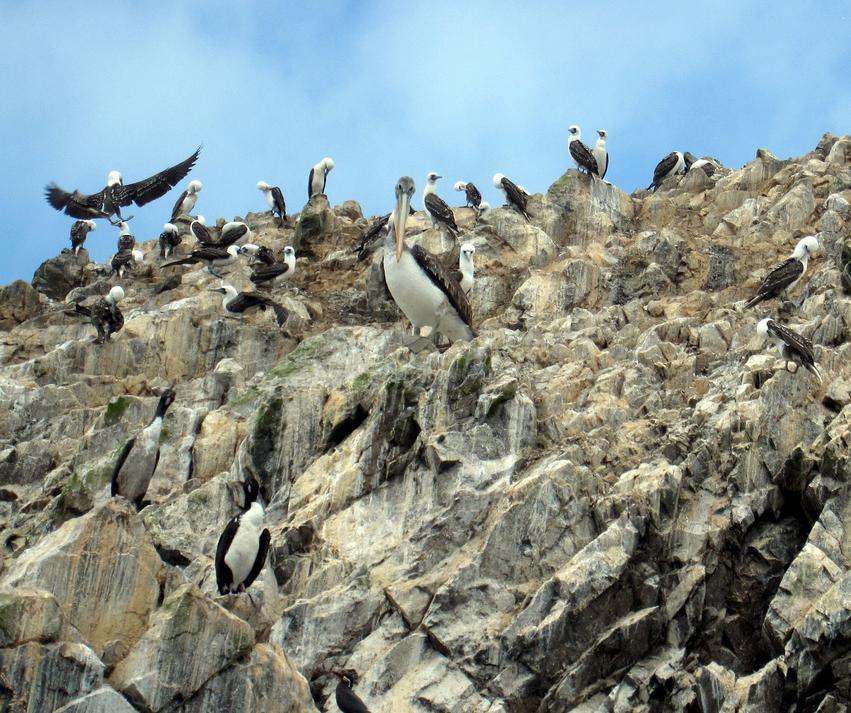Who knew the value of doo-doo? In an effort to protect seabirds, some scientists recently researched guano – otherwise known as seabird poop – and found that its worth, both in providing important nutrients to marine habitats and as fertilizer, is at least $473 million USD annually.
Seabirds and their habitats have been declining in recent years, due to climate change, getting killed accidentally by commercial fishermen, overfishing, and invasive species, and that loss is a major threat to everything from coral reefs to coastal economies, researchers say. According to BirdLife, seabirds "are one of the world's most threatened groups of vertebrates."
Daniel Plazas-Jiménez, a co-author of the research report, said the actual cost of losing seabirds is practically immeasurable. "We made a very conservative estimate that 10% of coral reef fish stocks depend on seabird nutrients," said Plazas-Jiménez. "According to the United Nations and the Australian government, the annual economic returns of commercial fisheries on coral reefs is over $6 billion. So, 10% of this value is around $600 million per year."
The researchers hope the report will prompt policymakers, the general public, and economic entities to take steps to counter the loss.
Surprising seabirds:
- Seabirds have desalination glands in their heads, which allow them to survive on seawater without getting sick.
- The world's smallest seabird is the least storm petrel, which weighs, on average, only 1 ounce (28 grams).
- Although the lifespans of seabirds vary greatly, albatross can live for 50 years or more.












